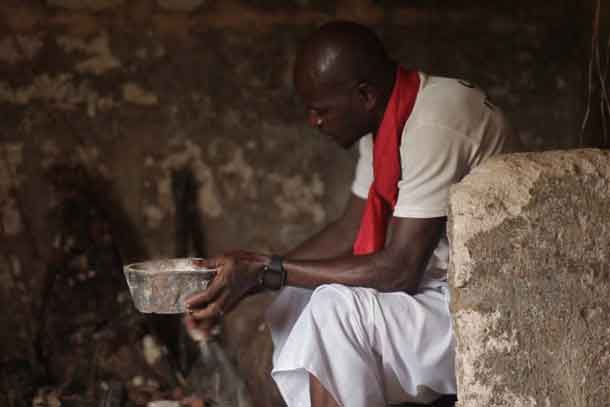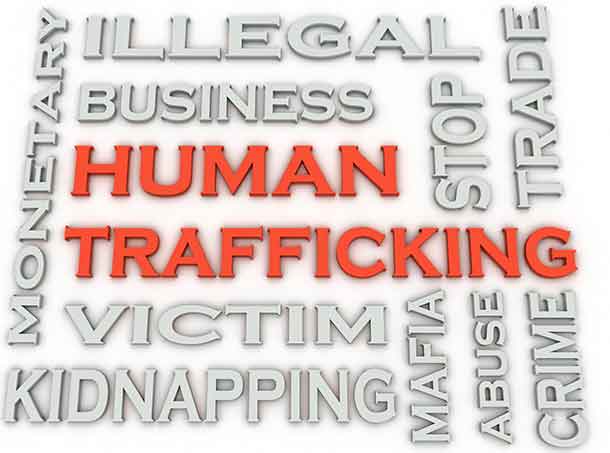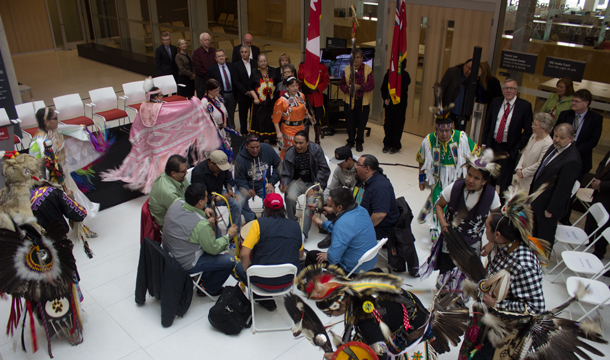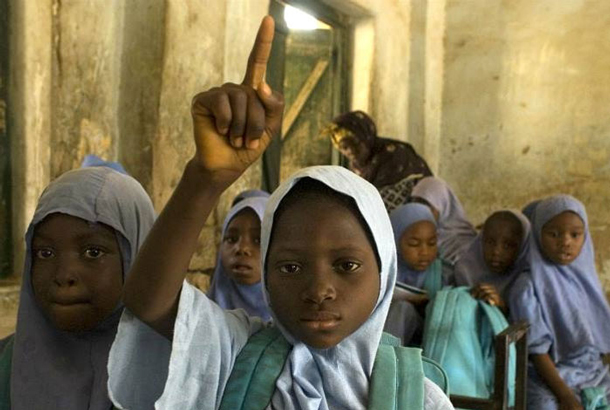#BringBackOurGirls – Kidnapped Women
NEW YORK – INTERNATIONAL NEWS – The issue of kidnapped women in Nigeria continues to scare their families as their daughters are missing. The world’s outrage does not seem to move the terror group in Nigeria which has abducted the 270 young women.
The issue is one of equality of women and the right of all human beings to have access to education.
Stressing the need to educate all children, the head of the United Nations education agency today condemned the abduction of schoolgirls in Nigeria – calling it “an attack against the aspirations of these girls” – and urged greater cooperation among Member States on educational needs.
“The universal right to education is still contested in some places, and I take this opportunity to condemn the abduction of more than 270 girls in Nigeria by extremist groups,” said Irina Bokova, the Director General of the UN Educational, Scientific and Cultural Organization (UNESCO).
Speaking to the “Global Education for All Meeting” in Muscat, Oman, she said the response to acts such as the abduction a few weeks ago by Boko Haram militants, is to provide every girl and boy with quality education.
“We must never tire in supporting education as a force for human dignity and sustainable development,” she said.
UNESCO has been supporting the Nigerian Government to “bring back our girls”, Ms. Bokova said, referencing the international social media campaign built around the same phrase.
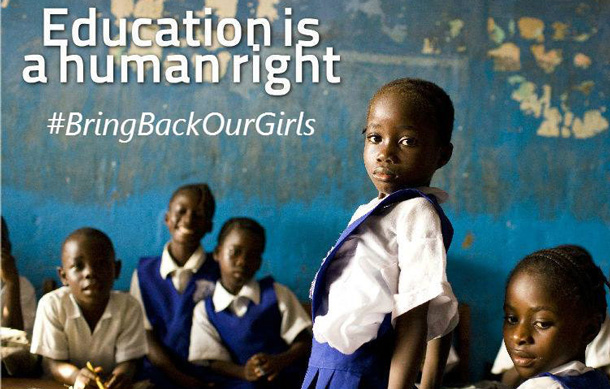
“This is an unacceptable violation of human rights. It is an attack against the aspirations of these girls,” she added.
The abductions in Nigeria are the latest in a string of increasing cases of deliberate attacks against schools, teachers and students, especially against girls’ education, in countries across the world, according to the UN agency.
Its 2011 ‘Education for All Global Monitoring’ report spearheaded a movement to protect schools as safe places and the human right of education. Among its findings, the report showed that half of the world’s out-of school-children live in countries affected by conflicts.
The UN Security Council followed up in July of that year with a resolution to enhance education in conflict zones. Later this month, the Director General and UN Special Representative for Children in Armed Conflicts, Leila Zerrougui, together with the UN Children’s Fund (UNICEF) and partners, will launch a Guidance Note on that resolution.
Among other key points in her speech, Ms. Bokova underlined the importance of the Malala Fund for Girls’ Right to Education that she launched with the Government of Pakistan in Islamabad last February. That Fund is named for Malala Yousafzai, the Pakistani schoolgirl who was shot by the Taliban in 2013 for attending classes.
Ms. Yousafzai is among the thousands of people who have flooded social media with posts using the hashtag: #BringBackOurGirls.







